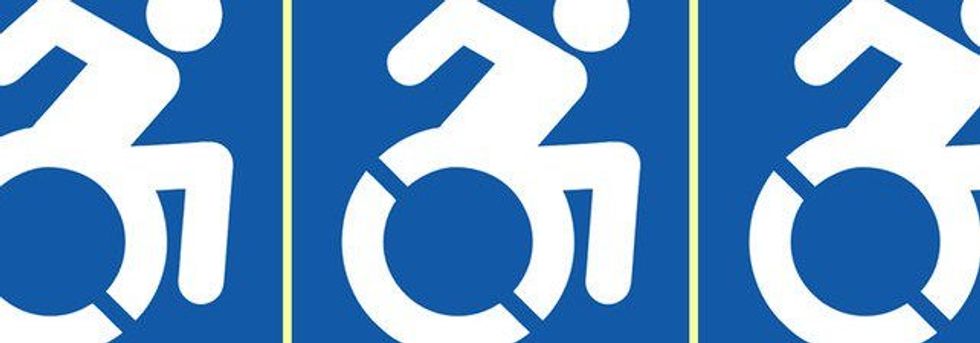In discussions about mental health, there seems to be a trend of discussing how mental illnesses are treated in relation to physical illnesses and disabilities. The overarching point being made across these comparisons is that while we as a society take physical conditions seriously and treat them as real medical ailments, mental illness is brushed aside at best and treated as a character failing at worse. I agree that discussing the differences in how people with different conditions are treated is important, as not every condition faces ableism (the oppression of people with disabilities) in the same way. However, framing the discussion in a way that suggests that physical conditions are always taken more seriously than mental ones seems, to me, to be seriously lacking in nuance.
I could understand the case being made for the idea that physical ailments are viewed as medical (rather than character failings) mores than mental ones (although that's hardly a given, as I will address later). By this I mean that, according to the complaints of many activists, mental illnesses are seen as character failings, personality traits, or the result of a lack of effort, rather than illnesses to be diagnosed and treated. Thus, physical conditions, which are more likely to result in the individual being taken seriously by medical professionals, being viewed as truly disabled, and not being attributed to personality or character, have a privileged status.
This, while an understandable point, misrepresents ableism on two fronts. First of all, physical conditions are not always taken seriously at all - both short-term physical pain and long-term disability. People often question the validity of wheelchair users, especially those who are not paralyzed, as to whether they truly “need” their chairs, for example. Additionally, the pain, both mental and physical, of women and people of color, is invalidated all the time. Black children are less likely to receive medication for physical pain, and have been found to receive less anaesthetic at the emergency room. Women are often implied or outright accused of doctors of simply being physically weak and unable to handle pain, causing them to ignore symptoms of serious conditions that they would be more likely to take seriously in men. By acting as though physical ailments are always met with validation and empathy, we ignore the way that ableism intersects with racism and sexism.
Additionally, this argument makes it seem as though the only way ableism manifests is via people with mental illness having their conditions brushed aside as not truly medical - the idea that having your condition viewed as a medical problem is always a positive thing. This is blatantly false. Disabled people (mental and physical) are not just told their conditions aren’t real- they are often reminded each day that their conditions ARE real in dehumanizing, painful ways. For every person with depression wishing someone would see their depression as an illness, there is someone in a wheelchair wishing people didn’t see him as sick or broken- and many individuals deal with both, or a combination of the two. Being called slurs, being used as inspiration porn, being seen as universally unattractive - none of these things are a privilege. Additionally, mental disabilities that are brushed aside by mental health activism (basically everything other than depression and anxiety) are often taken seriously as medical conditions - even when those with the conditions do not view them that way. For example, a major goal of mainstream Autism activism is to find a “cure” for Autism, suggesting that it is a terrible disease - even though many (although of course not all, as no group is a monolith) people with Autism, including those working with the Autism Self-Advocacy Network- do not want their Autism cured- they want it to be understood, accepted, and celebrated as part of what makes humanity diverse.
In short, it’s all very complicated. Because those who face ableism are such a broad group, the best we can do is discuss everything about this topic with compassion, nuance, and an understanding of the diversity of needs and experiences that should make up disability and mental health activism.





















